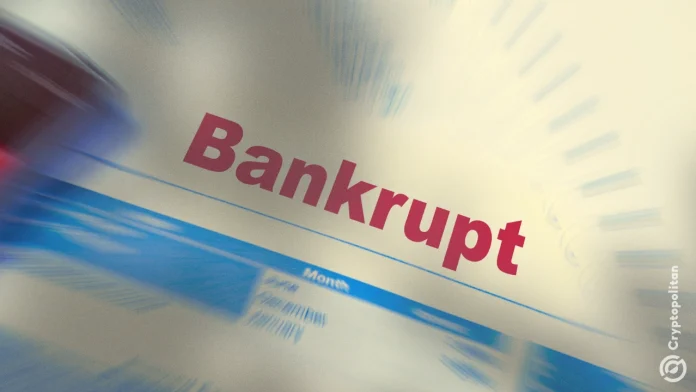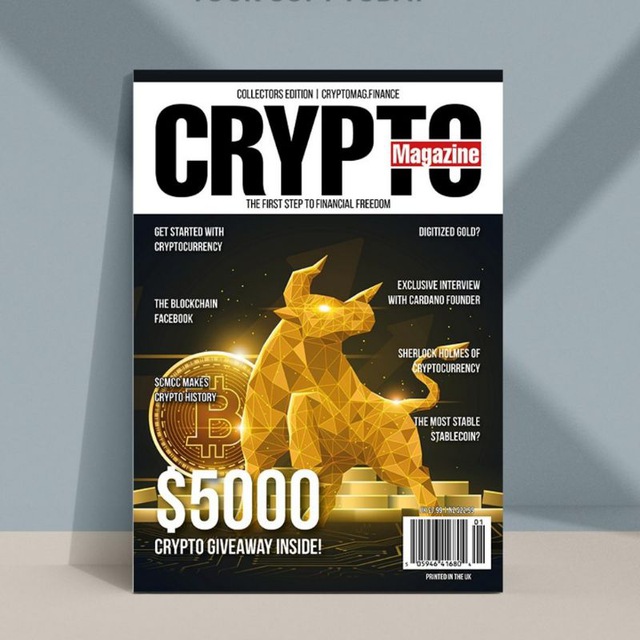Ripple’s investor and termed XRP lawyer, John E. Deaton, has announced a major win for the Linqto customers, which came out of a Texas bankruptcy court today. According to Deaton, the proposed $60 million debtor-in-possession loan has been cancelled.
After filing for Chapter 11 bankruptcy in the US last month, Linqto devised a plan to use customer-owned shares as collateral for a $60 million loan.
This brought an uproar to the customers already affected by the company’s bankruptcy. However, Deaton filed a formal request to the court asking the judge to impose a constructive trust to protect customers’ assets.
REGARDING LINQTO:
At today’s hearing in the bankruptcy court in Texas, the Counsel for the Debtor (@linqtoinc) and Counsel for the Creditors Committee announced a settlement.
The $60M DIP loan using customer shares of @Ripple @circle @krakenfx @UpholdInc etc is now off.
— John E Deaton (@JohnEDeaton1) August 19, 2025
The good news is that the constructive trust to protect customers’ assets will no longer need to be litigated because Linqto has dropped the loan plan.
Ripple in the battle to protect their name
Linqto, a private investment platform that allows investors to buy shares in pre-initial public offering companies, holds 4.7 million Ripple shares and other shares in Circle, Kraken, and Uphold. Therefore, it is in the best interest of Ripple’s lawyer to protect Ripple’s name.
According to reports, William Sarris, the former CEO, tried to sell Ripple shares to Linqto’s 11,000 customers for at least 60% more than what he purchased for them. This would have broken the SEC’s rule on markups of more than 10% and again, the Ripple name is mentioned more.
In addition, Ripple has been accused of being directly acquainted with Linqto. However, Ripple’s Garlinghouse cleared the air, saying, “Apart from Linqto being a shareholder, Ripple has never had a business relationship with Linqto, nor have they participated in our financing rounds.”
Ripple stopped approving Linqto purchases of its secondary shares in late 2024, according to Garlinghouse. The move came around the time the Financial Industry Regulatory Authority (FINRA) completed a review of Linqto’s broker-dealer arm, Linqto Capital.
Linqto customers fear a fate like that of FTX
Linqto, having dropped its loan plan, leaves the customers with no legal document stating that the shares belong to them and not the bankrupt company. Here is why. The constructive trust was like a shield the lawyer wanted to create.
However, since the plan has been called off, the shield is not needed at least for now. Still, the risk is that if no constructive trust is imposed later, the company could take advantage.
Last week, Deaton said, “I have described what is being attempted as an attempted theft of customer funds, and I have asked the court to impose a constructive trust thus protecting the funds and shares from being collateralized or sold.” This implies that constructive trust is very important.
Linqto customers are worried that their case may end up like the FTX case. They are left wondering how they will get their funds or shares back. Suppose it is to play out like FTX. That would mean that deposits belong to the bankruptcy estate and not directly to the customers.
In addition, the assets could be liquidated, and the money raised would then be distributed to all creditors, not just customers. That means that customers would likely get a fraction of the value of their shares, depending on how much is left. Not to forget the long legal battles.
Linqto closed its platform in March, meaning it could no longer make money. According to court documents, the SEC has then told the company that it is still looking into possible violations by Linqto and its affiliates.
Get seen where it counts. Advertise in Cryptopolitan Research and reach crypto’s sharpest investors and builders.




